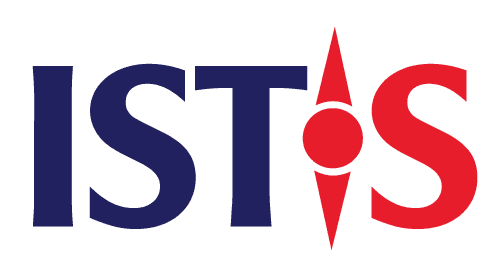Policy no longer begins with theory—it begins with data. As governments face increasingly complex challenges, from climate resilience to economic inequality, a new standard is shaping how decisions are made: one grounded in research, informed by practice, and responsive to real-world outcomes.
Vietnam is no exception. Over the past decade, the push toward more accountable, data-informed governance has gained momentum. Quietly, but deliberately, evidence-based policy has begun to move from academic papers and pilot projects into national planning and institutional frameworks.
At the heart of this shift is the recognition that intuition or tradition alone cannot guide development in a world of rapid technological and environmental change. Whether designing support for small and medium-sized enterprises, allocating science and technology budgets, or crafting digital transformation roadmaps, ministries and departments are increasingly turning to solid data and policy evaluations.
Some of the most promising developments come from the way evidence is being gathered and applied. Rather than relying solely on centralized metrics, many provinces and research institutions have begun to pilot feedback loops that combine quantitative indicators with community insight. Surveys, case studies, and participatory assessments are helping to bridge the gap between national targets and local implementation.
This movement is also aided by the growing capacity of research organizations to provide timely, relevant data. From think tanks and university labs to collaborative projects between Vietnam and international partners, there is now a broader ecosystem for generating the kinds of information policymakers need—not just to respond to crises, but to plan proactively.
Still, challenges remain. One of the most significant is ensuring that data translates into action. For evidence-based policy to have real impact, it must be embedded in institutional routines: in budgeting, in evaluation frameworks, and in the way programs are monitored over time. It also requires a cultural shift—a willingness among decision-makers to revisit assumptions, adjust approaches, and, sometimes, acknowledge when something isn’t working.
What makes this approach particularly vital to innovation governance is its flexibility. In sectors like science, technology, and entrepreneurship, the pace of change is fast, and uncertainty is high. Policies must adapt quickly, and interventions must be tested, refined, and scaled in real time. Evidence-based frameworks help ensure this process is not only reactive but strategic.
Looking ahead, Vietnam’s ability to harness the power of evidence in policymaking will shape the effectiveness of its long-term strategies. It will determine not only what is funded, but how success is defined and sustained. And as data becomes more accessible and analytics more sophisticated, the expectation for evidence-informed decision-making will likely become the norm rather than the exception.
In a time when trust in institutions and outcomes is under increasing scrutiny, evidence-based policy provides not only a technical solution—but a political one. It reinforces transparency, builds public confidence, and offers a roadmap for making smarter choices in an unpredictable world.









